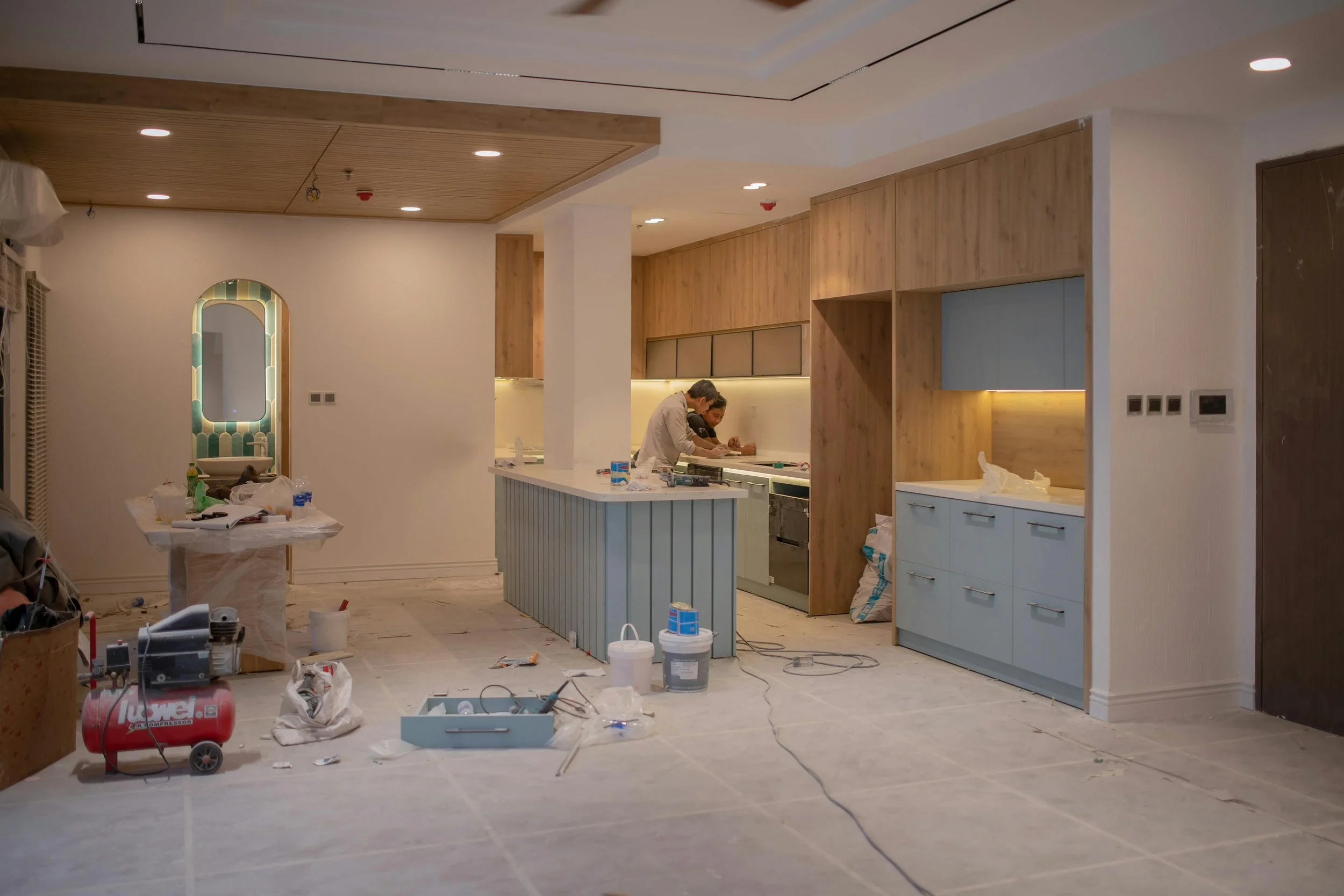Chicago Landlord Responsibilities: Key Legal Requirements
Owning rental property in Chicago can be rewarding, but it comes with serious responsibilities. Landlords must follow strict rules to protect both themselves and their tenants. Understanding these rules helps avoid costly legal trouble and builds trust with tenants.
The Chicago Residential Landlord and Tenant Ordinance (RLTO) sets out what landlords must do, from drafting leases to keeping properties safe. Ignoring these rules isn’t an option: penalties include fines and lawsuits.
This guide breaks down your key responsibilities as a landlord in Chicago. Follow these tips to stay compliant, keep tenants happy, and protect your investment, even if you plan to sell quickly for cash.
Lease Agreements: Meet Your Landlord Legal Requirements
A clear, detailed lease is the backbone of any landlord-tenant relationship. It sets expectations and protects both sides.
Your lease should always include:
Rent amount and due dates
Rules for property use and upkeep
How disputes will be handled
Conditions for ending the lease
Providing tenants with a signed copy promotes transparency. Update your leases regularly to keep them aligned with new laws. A well-written lease helps prevent misunderstandings, making your rental business smoother and more professional.
Security Deposits: Rental Property Rules You Can’t Ignore
Chicago has strict rules about security deposits, and breaking them can lead to fines. When you collect a deposit, you must:
Provide a receipt with the bank name and account number
Pay annual interest on the deposit
Return the deposit within 45 days of move-out, with an itemized list of deductions
Handling deposits properly shows tenants that you’re fair and professional. It also protects you from disputes and legal claims.
Maintenance & Chicago Landlord Responsibilities
Chicago law requires landlords to keep rental properties habitable. That means ensuring heat, water, and electricity are working, especially in winter.
Key responsibilities include:
Fixing repairs quickly
Conducting regular inspections
Following city codes
By keeping your properties in good shape, you protect your investment, keep tenants happy, and reduce turnover — which is especially helpful if you decide to sell.
Entry and Privacy: Understand Your Landlord's Legal Requirements
Respecting tenant privacy isn’t just polite — it’s required. Chicago law generally requires landlords to give 48 hours’ notice before entering a rental unit, except in emergencies.
Key points to remember:
Always provide notice before entry
Avoid entering without the tenant's consent
Clearly communicate about maintenance visits
Respecting privacy builds trust and keeps your relationship with tenants positive.
Repairs and Services: Key Rental Property Rules to Remember
Tenants rely on you to keep their homes safe and functional. That includes prompt repairs and ensuring essential services like heat and water always work.
Tips for responsible repairs:
Respond quickly to tenant requests
Schedule regular maintenance to catch issues early
Document all repairs and communication
Being proactive reduces complaints, avoids legal trouble, and makes your property more appealing if you plan to sell fast.
Fair Housing & Chicago Landlord Responsibilities
Chicago landlords must follow fair housing laws, which prohibit discrimination based on race, religion, disability, and other factors.
Tips for compliant tenant screening:
Use the same application and criteria for every applicant
Focus on credit, rental history, and references — not personal traits
Avoid questions that could be seen as discriminatory
Fair screening protects you from lawsuits and helps you find reliable tenants.
Rent Collection & Landlord Legal Requirements
Efficient rent collection keeps your rental business running smoothly. Clarify payment methods and due dates in your lease.
Key practices:
Offer multiple payment options (online, check, etc.)
Send reminders before the rent is due
Provide proper notice before any rent increase
Clear systems for rent collection help avoid disputes and keep your cash flow steady — important if you’re planning a quick sale.
Evictions & Rental Property Rules
Evictions must be handled carefully. In Chicago, landlords must give proper written notice explaining why the tenant is being evicted and allow them time to fix the problem.
Important steps:
Use the correct notice forms
Give tenants a chance to resolve issues
Follow all local legal procedures
Improper eviction can lead to legal trouble and damage your reputation.
Recordkeeping & Chicago Landlord Responsibilities
Good records protect landlords in case of disputes or audits. Keep copies of:
Lease agreements and amendments
Rent payment history
Communication with tenants
Repair receipts
Organized records save time, build credibility, and make it easier to prove compliance if needed.
Chicago-Specific Rules: Stay Compliant
Chicago has extra requirements to protect tenants. For example:
Install and maintain smoke and carbon monoxide detectors
Follow lead paint disclosure rules for properties built before 1978
Make sure properties meet safety codes
Staying compliant protects your tenants and your business — and makes the property more appealing to potential buyers.
Notices & Rental Property Rules
Clear communication prevents misunderstandings. Always:
Provide written notice for rent changes or repairs
Use simple, professional language
Encourage tenants to share concerns early
Open communication builds trust, helps resolve issues faster, and makes your property easier to manage.
Laws change, so it’s important to stay informed. Tips to keep up:
Subscribe to updates from the City of Chicago
Consult legal experts as needed
Being proactive keeps your rental business compliant and protects you from unexpected legal trouble.
Staying Updated on Chicago Landlord Responsibilities
If you’re thinking about selling your rental property quickly — especially for cash — staying compliant matters even more. Well-maintained, legally compliant properties sell faster and at better prices.
Steps to get ready for a quick sale:
Fix any outstanding maintenance issues
Make sure all leases, deposits, and notices are properly documented
Resolve any open tenant disputes
Buyers, especially cash investors, look for properties without legal headaches. By staying organized and compliant, you make your property more attractive and speed up the sale process.
Quick Sale Tips & Landlord Legal Requirements
Chicago’s rental laws exist to protect landlords and tenants alike. Following them isn’t just about avoiding fines — it’s about building trust, keeping tenants happy, and protecting your investment.
Whether you plan to keep your rental long-term or sell quickly for cash, being proactive and informed makes all the difference. A legally compliant, well-maintained property is easier to manage, more valuable, and far more attractive to buyers.
Stay updated, keep communication clear, and always put safety first — and you’ll set yourself up for success in Chicago’s rental market.




